A landmark ruling by the Supreme Court has sparked a legal and ethical debate that resonates far beyond its borders. This decision, intertwining the fates of frozen embryos with the law, sets a precedent that could reshape the landscape of reproductive rights and responsibilities. As clinics and lawmakers navigate these uncharted waters, the implications for individuals and the medical community are profound.
Legal Landmark in Alabama
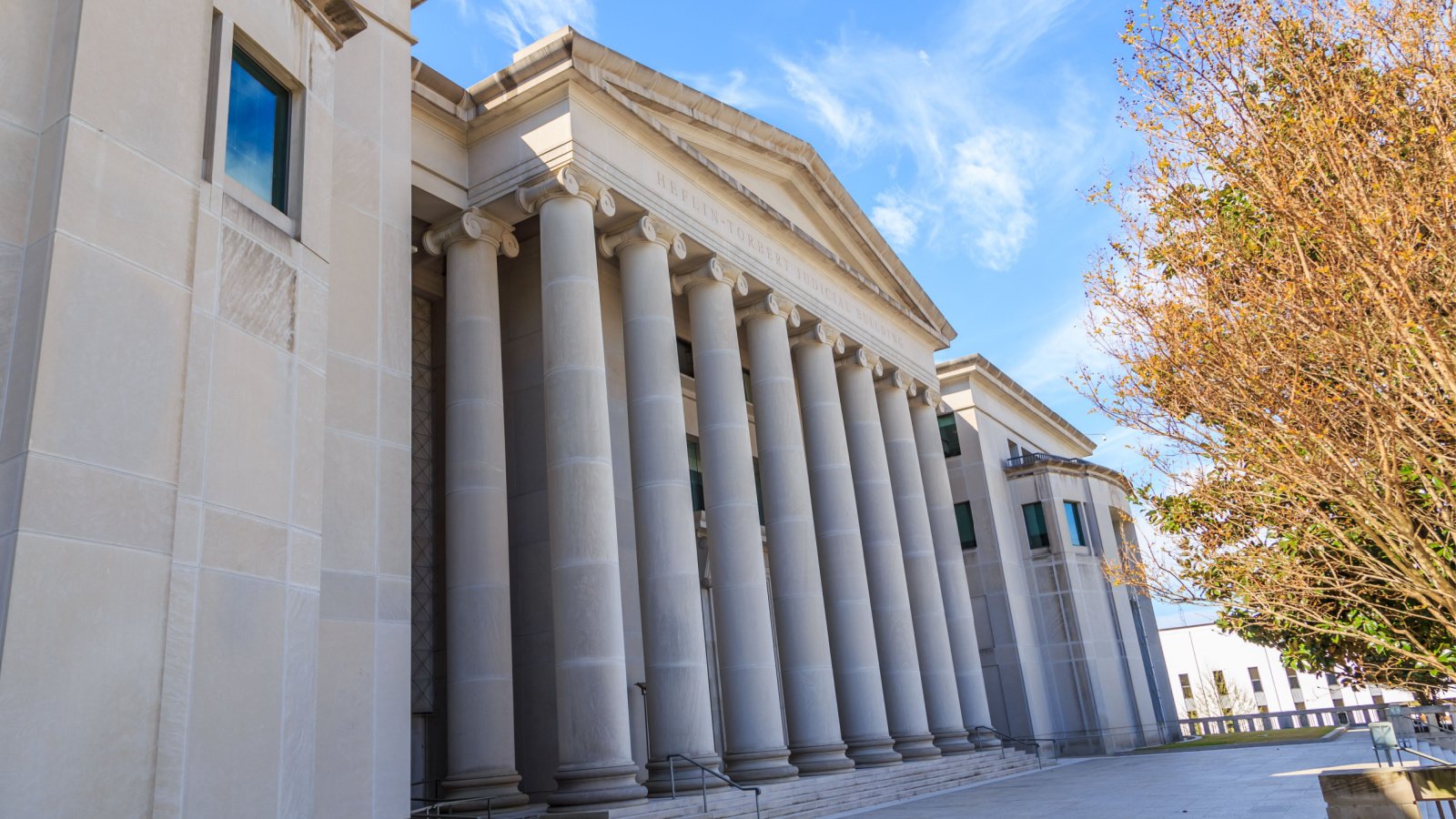
In a groundbreaking decision, the Alabama Supreme Court has empowered couples to seek justice under the wrongful death law for the loss of frozen embryos due to a mishap at a storage facility. This pivotal ruling marks the first of its kind, intertwining the fate of in vitro fertilization treatments with legal and ethical considerations.
Fertility Treatments on Hold

The ripple effects of this decision have prompted a temporary halt in fertility treatments by three providers in the state as they navigate the murky waters of potential legal consequences. It’s a pause that underscores the uncertainty and need for clarity in a rapidly evolving legal landscape.
A New Legal Frontier
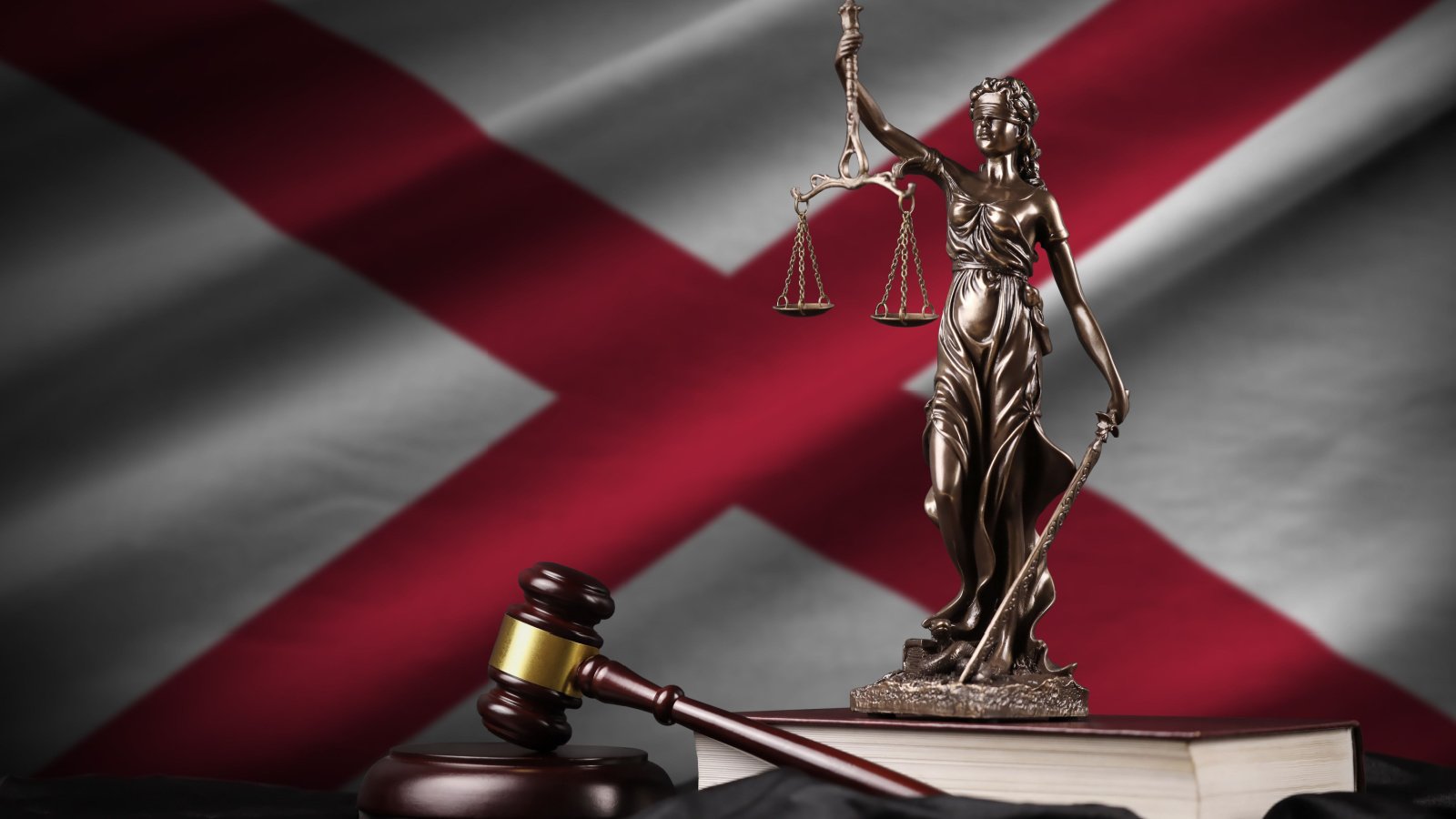
By extending legal protections to embryos and fetuses, the Alabama Supreme Court has ventured into uncharted territory, echoing the sentiments of anti-abortion advocates. This narrow yet significant ruling may just be the tip of the iceberg, hinting at broader implications that could reshape legal definitions and protections.
Potential for Widespread Impact

Legal experts are buzzing about the potential ripple effects of this ruling, considering its capacity to influence laws far beyond Alabama’s borders. It’s a decision that challenges current legal norms and invites a reevaluation of the rights of the unborn.
The Ruling Explained

The court’s decision has laid down a landmark precedent, allowing couples who suffered the loss of embryos in a storage facility accident to sue for wrongful death. Overturning a previous court’s stance, this ruling boldly declares that embryos fall under the protection of wrongful death laws.
Embryos Under the Law
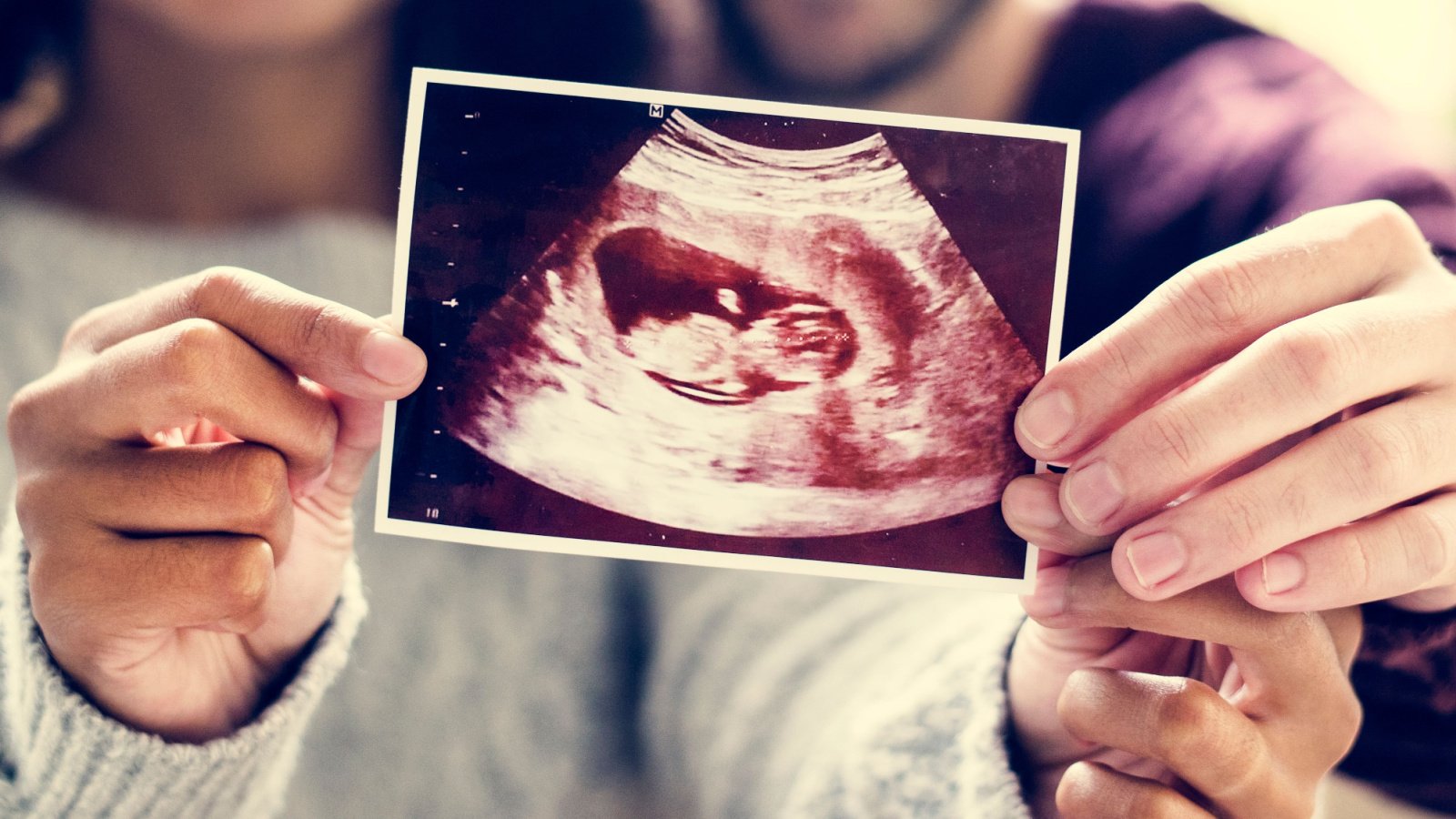
The Alabama Supreme Court’s reliance on statutory language and constitutional amendments has solidified the status of embryos within the legal framework of wrongful death claims. It’s a stance that reaffirms the state’s commitment to safeguarding the rights of the unborn, setting a precedent that could reverberate through legal discussions nationwide.
The Question of “Personhood”

While the Alabama court stopped short of granting full personhood rights to embryos, it has clearly positioned them within the realm of legal protection under wrongful death laws. This nuanced approach reflects a careful balancing act, avoiding the broader implications of constitutional rights while acknowledging the embryos’ legal status as children.
A Ripple Effect on IVF
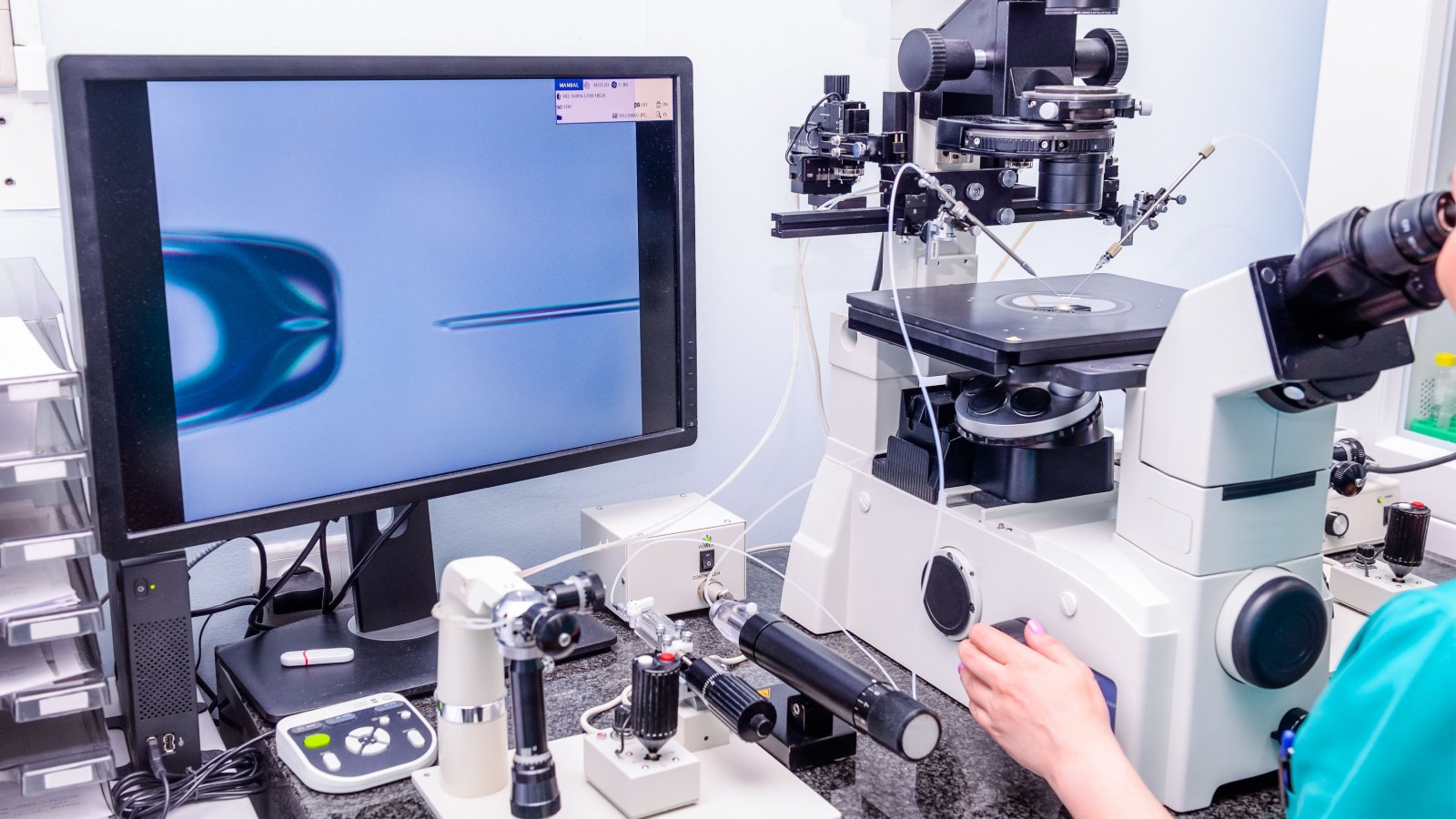
The Alabama Supreme Court’s ruling has cast a long shadow over the future of in vitro fertilization (IVF) treatments in the state, prompting a reevaluation of practices by local clinics. While some facilities have temporarily stopped IVF treatments, others are considering adjustments to navigate the new legal landscape, signaling a period of uncertainty and adaptation.
The Search for Solutions

As a handful of clinics press pause on IVF services, patients are left in a scramble, seeking alternative options to continue their fertility journeys. This decision highlights the broader implications for IVF treatment accessibility and the potential for increased costs and complexities in the pursuit of parenthood.
Legal Uncertainties and Practical Challenges

The exact repercussions of the ruling remain a puzzle, with legal experts and medical professionals grappling with its implications. The suggestion that clinics might avoid storing embryos within Alabama hints at a future where logistical barriers and costs could escalate, posing new challenges for those seeking IVF treatments.
Navigating New Territories

This pivotal decision may force a geographical shift in how and where embryos are stored, introducing a layer of complexity to an already emotionally and financially taxing process. As the dust settles, the conversation around reproductive technologies and legal rights is poised to enter uncharted territories, with significant implications for all involved.
Legal Horizon Expands

Anticipation is building among legal experts for further cases that will explore the rights of embryos following Alabama’s landmark ruling. While this decision may stand as a significant moment, the door is open for future legal challenges, signaling a dynamic shift in the legal landscape regarding embryonic rights.
Legislative Response in Motion

In response to the Alabama Supreme Court’s ruling, Republican State Senator Tim Melson is spearheading legislation aimed at safeguarding IVF services in Alabama, delineating a clear legal distinction before and after embryo implantation. This initiative reflects a nuanced approach to reconcile the advancements in reproductive technology with legal protections, striving to ensure that families facing fertility challenges have access to necessary treatments.
The Boundaries of Legal Action

Despite the far-reaching implications of the case, those responsible for the accident leading to the loss of embryos will not face criminal charges, confined by the ruling’s focus on civil claims. This delineation underscores the complexity of integrating embryonic rights within the broader legal framework, leaving the question of constitutional rights for embryos and potential criminal ramifications untouched.
The Fate of Frozen Embryos

The problem of what happens to unused embryos remains as perplexing as ever, with many left in indefinite storage. This scenario raises profound ethical and legal questions, further complicated by the recent ruling about the destiny of unused embryos. The concept of “compassionate transfer” emerges as a potential resolution, yet it introduces new dilemmas regarding the responsibilities and choices of individuals in the face of evolving legal standards.








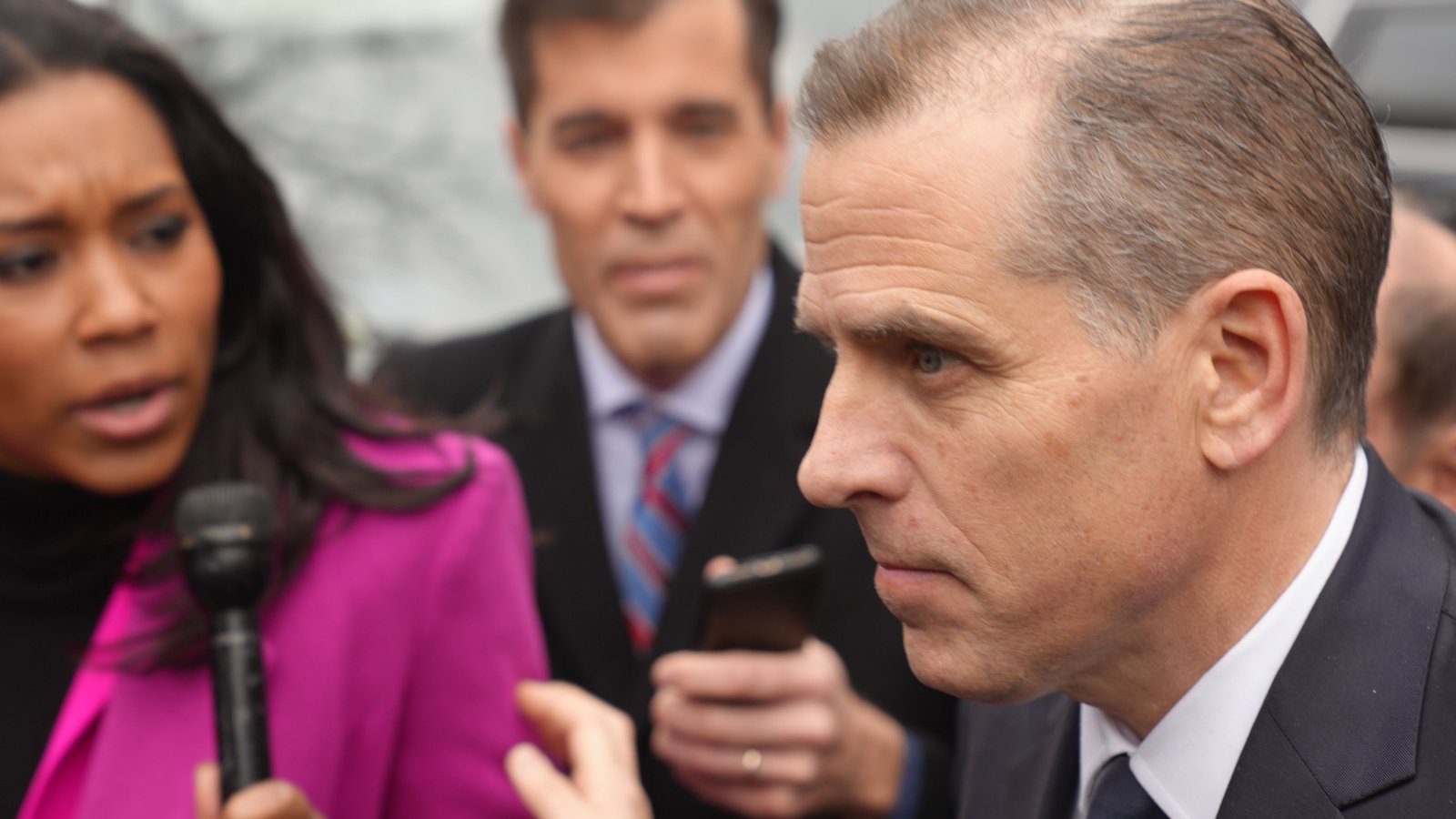
Frankfurt ist bekannt für Finanzen, Messen und Kultur
– doch auch in Sachen Glücksspiel hat die Mainmetropole einiges zu bieten. Zusätzlich bieten wir täglich unser mensaVital
Menü an. Jede dieser Optionen bietet eine andere Art des Glücksspiels als die Frankfurter
Spielhallen. Diese Spielbanken sind von Frankfurt aus gut mit dem Auto oder
dem Zug erreichbar und bieten eine völlig andere Erfahrung als eine Spielhalle.
Diese Spielhalle punktet mit zentraler Lage und einem breiten Angebot
an Spielautomaten. Die Merkur Spielhalle bietet modernste
Technik, gepflegtes Ambiente und gute Parkmöglichkeiten – ideal auch für
Erstbesucher. Mitten im Bahnhofsviertel findest du diese moderne Spielhalle mit zahlreichen Spielautomaten.
Eine Besonderheit ist die Wiesbadener Superzahl bei den Roulette Spielen, die dir einen satten Zusatzgewinn
besorgen kann. Im Automatensaal des Glücksspieletablissements befinden sich über 150 Spielautomaten, vom klassischen Einarmigen Banditen bis
hin zum High-End Slot von Weltmarktführern wie IGT, WMS
oder Aristocrat. Das Casino Wiesbaden und die Spielbank Bad
Homburg sind beide in etwa 30 Minuten von Frankfurt aus zu erreichen, egal ob mit dem Auto
oder der S-Bahn. Frankfurt hat mit den Spielbanken in Wiesbaden, Bad
Homburg und Mainz gleich drei echte Casinos in unmittelbarer Nähe.
Da man in den Spielotheken aber nur mit kleinen Einsätzen spielen kann und außerdem keine klassischen Casino Spiele wie Poker, Roulette oder Blackjack findet,
bevorzugen viele Spieler eine richtige . Für Freunde von Glücksspielautomaten, wie zum Beispiel
die Magie Geräte von Merkur oder Novoline Slots von Novomatic, öffnen täglich über 270 Spielhallen in Frankfurt
ihre Pforten.
References:
https://online-spielhallen.de/casino-of-gold-deutschland-ihr-weg-zum-online-spielerlebnis/
Located in the heart of Sydney’s vibrant CBD, our hostel offers the perfect blend of comfort, convenience, and community.
Well located in the centre of Sydney, Tequila Sunrise Hostel Sydney is within 800 metres of Central Station Sydney and less than 1 km of International
Convention Centre Sydney. Right in the heart of Sydney, situated within a short distance of Central Station Sydney and International Convention Centre
Sydney, MetaWiseBnB Studio Dixon Next to ICC &
Darling Harbour 23 offers…
Everything from the décor to the drinks service was first class.
“Crown Sydney is the most elegant casino I’ve ever visited in Australia. Loved the baccarat tables and the private gaming area was next level.” Staff were super friendly, and
the atmosphere felt very exclusive.” Designed to harmonize your senses, every space is crafted for peace and privacy. Beyond the treatment rooms, Crown Spa offers advanced wellness facilities for total mind-body balance.
Stay up to date with the latest happenings — from celebrity chef dinners and seasonal wine tastings to themed casino nights and cultural showcases. From early morning coffee to late-night tapas, Crown Sydney offers a relaxed yet elevated selection of venues perfect for any occasion. With dedicated staff, 24/7 security, and tailored guest services, every aspect of your visit is carefully curated. Guests are steps away from designer shopping, harbour promenade, and cultural attractions. Located in Barangaroo — Sydney’s most prestigious waterfront district — Crown Towers offers the perfect blend of privacy and proximity.
References:
https://blackcoin.co/classicbig4-casino-holiday-park-in-depth-review/
Casino Mate ensures cashier access, promo opt-ins, and support chat
are present wherever you play, reducing back-and-forth that wastes time.
Multiple blackjack and roulette variants offer different side bets and
payout tables, while live lobbies deliver clear odds displays and pacing that suits casual and serious players alike.
This steady structure supports goal-oriented play while keeping discovery open for
fresh releases and timely promos. With steady performance
across desktop and mobile, sessions transition cleanly between devices, and your
recent games remain accessible for fast re-entry.
Yes, the gambling site invites all players to join the Club Mate community.
As for the transaction speed, when you deposit funds, you don’t need to wait for the money to come to your casino account.
The mobile version of Casino Mate Australia is optimized for iOS and Android devices.
On signing up, you can secure up to $1,400 and 80 free spins, divided across your first
four deposits. Before contacting support, consider checking the FAQ
section, as your query may already be addressed there.
The level of quality of the services provided can be described
as good, so the casino receives a rating of 8.04 out of 10.
Considering all the pros and cons (6 vs 1), we are ready to recommend this casino.
Casino-Mate has quite lucrative bonuses that help you get even more pleasure from playing on our gambling site.
Only our users get full access to real money games. By the way, there is a button to the left of the search box by pressing which the player can select a
particular category of gambling games that interests him most.
Mate Casino Australia has no limits in regular promotions, outstanding bonus programs,
and gambling games.
References:
https://blackcoin.co/get-into-the-world-of-bk9-casino-online-game-bk9aud-net/
online casino australia paypal
References:
http://www.seniorjobbank.ca
online casino uk paypal
References:
http://systronics.co.kr/bbs/board.php?bo_table=free&wr_id=7540
Awesome post! Join the fun at https://aoo-0whatsapp.com WhatsApp 網頁版高速的傳輸功能,確保信息實時共享。 . Date: 2026-01-07 08:27:24 (-03).
Awesome post! Join the fun at https://ws-pbx-whatsapp.com WhatsApp Web lets you voice your thoughts easily. . Date: 2026-01-07 12:26:31 (-03).
Awesome post! Join the fun at https://aoo-0whatsapp.com 利用 WhatsApp 網頁版,您可以輕鬆髮送音頻消息,便於報告事項。 . Date: 2026-01-08 08:04:59 (-03).